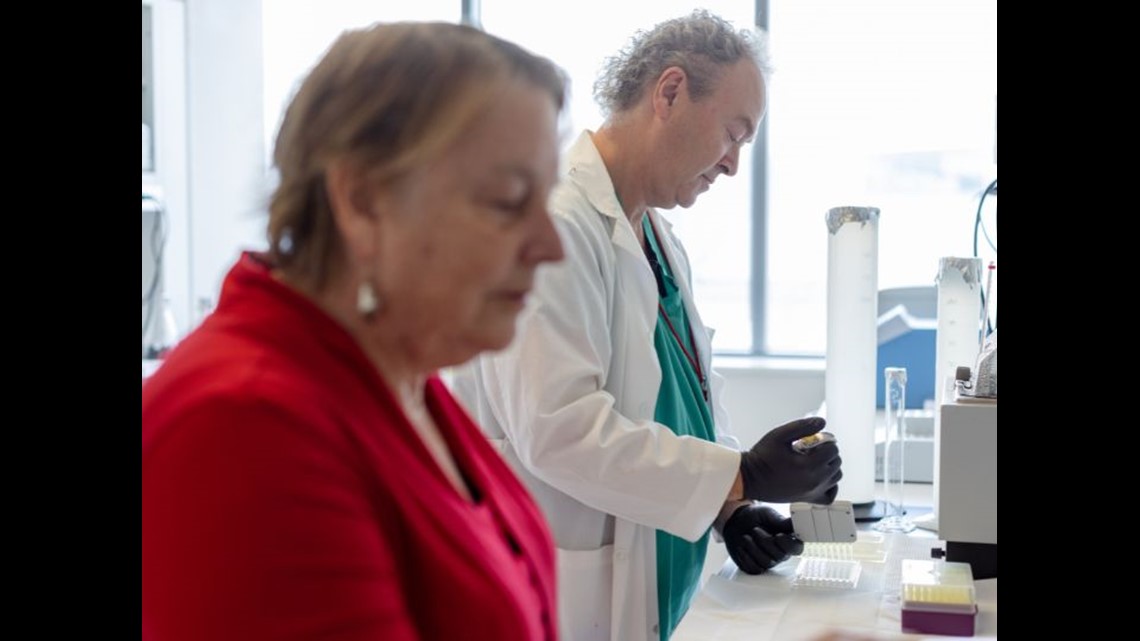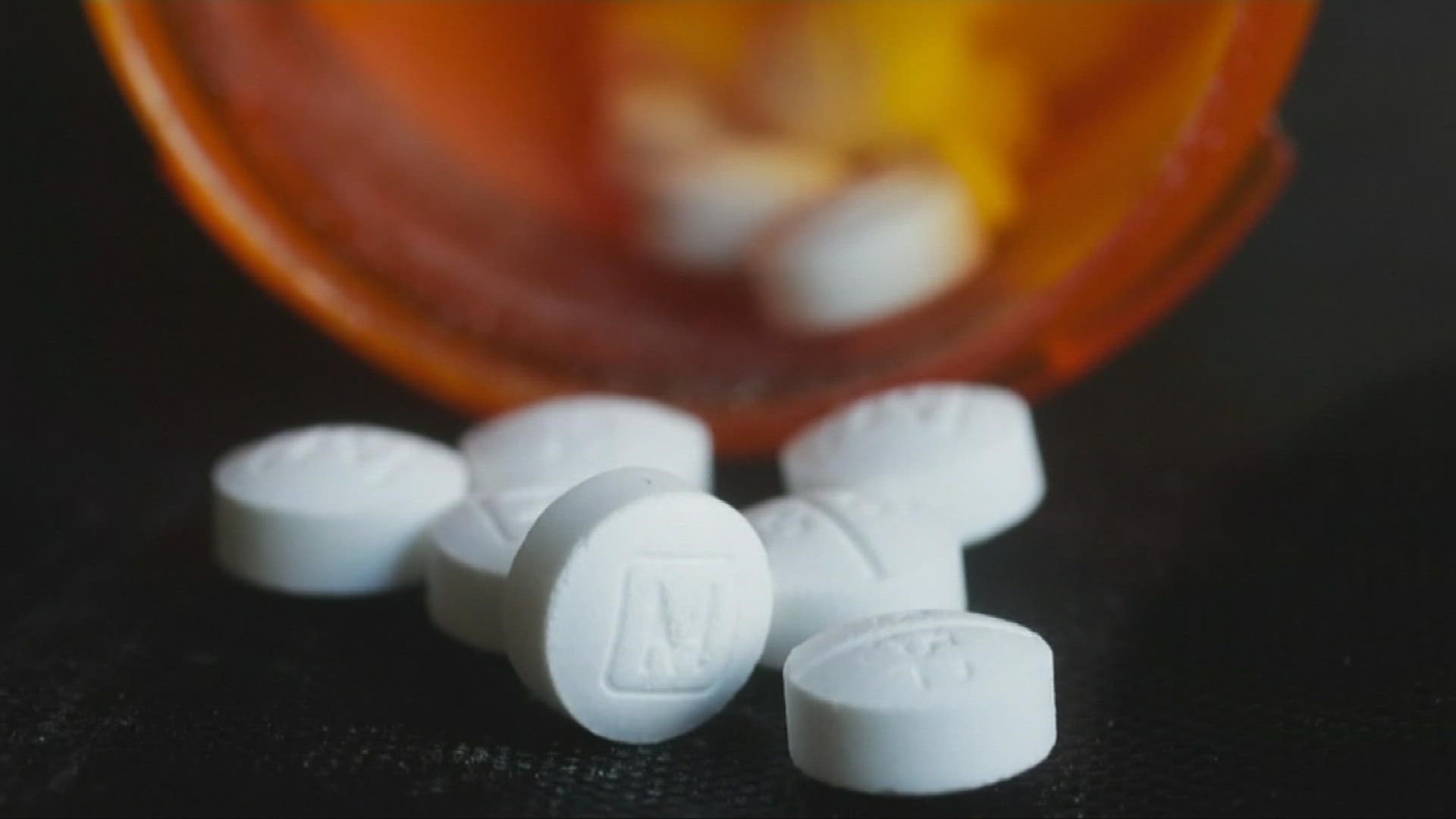SACRAMENTO, Calif. — University of Houston researchers have developed a vaccine that researchers said could help prevent overdoses from fentanyl.
Associate Professor Colin Haile said a team has been working on the fentanyl vaccine over the last five years.
Researchers said the vaccine can block fentanyl from entering the brain, essentially eliminating the drug’s high and helping to prevent an overdose.
“This vaccine is totally different. Following vaccination, you develop antibodies against a chemical," said Haile.
The vaccine generates anti-fentanyl antibodies that bind to fentanyl when it is consumed, according to the study.
Haile said the vaccine would work best for individuals who are being treated for opioid-use disorder in a rehab facility or a treatment center, but may relapse.
“Now, if they were vaccinated they would have antibodies on board when they leave and the antibodies would prevent them from overdosing," said Haile.
He said the vaccine has shown promising results in pre-clinical testing on mice and rats.
“We’re hoping that it will be another tool in dealing with this opioid epidemic because it’s not going to get better," said Haile. "We need the vaccine."
The vaccine would need to be administered before fentanyl is ingested to have its benefits. Haile said patients would be given an initial dose plus boosters.


“If it’s used along with therapy and other forms of treatment, it’s definitely a good option,” said Danielle Frankie, Director of Business Development for New Dawn Treatment Centers. “Medication assisted treatment can decrease the overdose rate by over 50 percent.”
The center offers addiction recovery services in Sacramento.
A former detox nurse helping patients with withdrawal management, Frankie has seen how challenging it can be for patients to stop an addiction.
“With breakthroughs like this, anytime we can find something that is another piece of the harm reduction puzzle, it’s just going to really help," she said.
University of Houston said an estimated 80% of people dependent on the drug end up relapsing.
“If you do have a vaccination that can take away the high, it definitely will lower that number," said Frankie.
Haile says the team has started manufacturing a clinical grade vaccine already and will begin human trials once they get approval from the FDA.
Haile said in the future, a vaccine of this kind may be useful for first responders who are at high risk of being exposed to fentanyl.
Watch more from ABC10: CHP boost patrols as Sacramento region deals with 'a problem with organized retail crime'



















